Holiday Safety Tips for Pet Owners
As the festive season draws near, pet owners must remain vigilant about the unique challenges and potential hazards that these festivities can bring to their beloved animals. At South Shores Pet Clinic, we are dedicated to ensuring that your pets stay safe and healthy throughout the holiday season, allowing both you and your pets to enjoy the festivities without stress.
Common Holiday Hazards for Pets
Foods That Are Toxic to Pets
The holiday season often brings a bounty of delicious foods, many of which can be harmful to pets. Chocolate, for instance, is a ubiquitous treat but contains theobromine, a compound that can be highly toxic to dogs and cats. Even small amounts can cause symptoms such as vomiting, diarrhea, rapid breathing, increased heart rate, and seizures. In severe cases, chocolate ingestion can lead to cardiac arrest or death if not treated promptly. For an in-depth understanding of chocolate toxicity, visit our detailed article on Chocolate Toxicity in Pets.
Other dangerous foods include certain nuts like macadamias, which can cause weakness, depression, vomiting, tremors, and hyperthermia in dogs. Additionally, foods containing xylitol, a common artificial sweetener, can lead to severe hypoglycemia, liver damage, and even death in dogs. Xylitol is often found in sugar-free candies, gums, and some baked goods.
Diagnosis and Treatment
If you suspect your pet has ingested a toxic substance, immediate veterinary attention is crucial. Diagnosis often involves a thorough clinical examination and, if necessary, blood tests to assess internal organ function. Treatment may include inducing vomiting, administering activated charcoal to prevent further absorption of the toxin, and supportive care such as IV fluids and medications to stabilize your pet’s condition.
Decorations and Plants That Can Be Dangerous
The allure of holiday decorations can be irresistible to pets, but they can pose serious risks. Tinsel, for example, can cause intestinal blockages if ingested, which may require surgical intervention. Candles, if knocked over, can result in burns or even house fires. Furthermore, holiday plants like holly, mistletoe, and poinsettias are toxic to pets and can cause vomiting, diarrhea, and respiratory distress.
Prevention and Home Safety Tips
To prevent these hazards, consider using pet-safe decorations and keep all plants out of your pet’s reach. Secure candles in places that are inaccessible to pets, and always supervise your pet around holiday decorations.
Stress and Anxiety from Loud Noises
The bustling holiday atmosphere, complete with fireworks and large gatherings, can be stressful for pets. This stress can manifest as anxiety, resulting in behaviors such as excessive barking, hiding, or even attempting to escape.
Managing Anxiety and Creating a Safe Space
Create a quiet, comfortable space for your pet away from the commotion. Utilizing pheromone diffusers and calming music can help soothe anxious pets. Offering familiar toys and blankets can provide comfort. Additionally, you may consider consulting with your veterinarian about anxiety-relief options, such as calming supplements or prescription medications.
Preventing Accidents and Managing Anxiety
Securing the Environment
Ensuring a secure environment is paramount during the holidays. Make sure all gates and enclosures are secure, and that your pet cannot escape due to fear or excitement.
Behavioral Tips for Reducing Stress
Engaging your pet with interactive toys or puzzles can provide mental stimulation and reduce stress. Regular exercise is also beneficial, as it helps expend pent-up energy and promotes relaxation. For additional tips on managing your pet’s diet during festive gatherings, refer to our guide on Holiday Treat Safety.
Importance of Routine and Emergency Care
Regular Exams and Vaccinations
Regular check-ups and vaccinations are essential to your pet’s health. A pre-holiday veterinary exam can ensure your pet is in optimal health and up-to-date on all necessary vaccinations. This is particularly important if your pet will be exposed to new environments or other animals during holiday gatherings. For more information on the importance of vaccines, read our article on Puppy Vaccines 101.
Emergency Preparedness
Understanding the signs of distress or illness in your pet is critical. Symptoms such as excessive drooling, vomiting, or lethargy immediately after eating could indicate poisoning and require urgent veterinary care. Familiarize yourself with emergency procedures by consulting our Veterinary Emergency Guide.
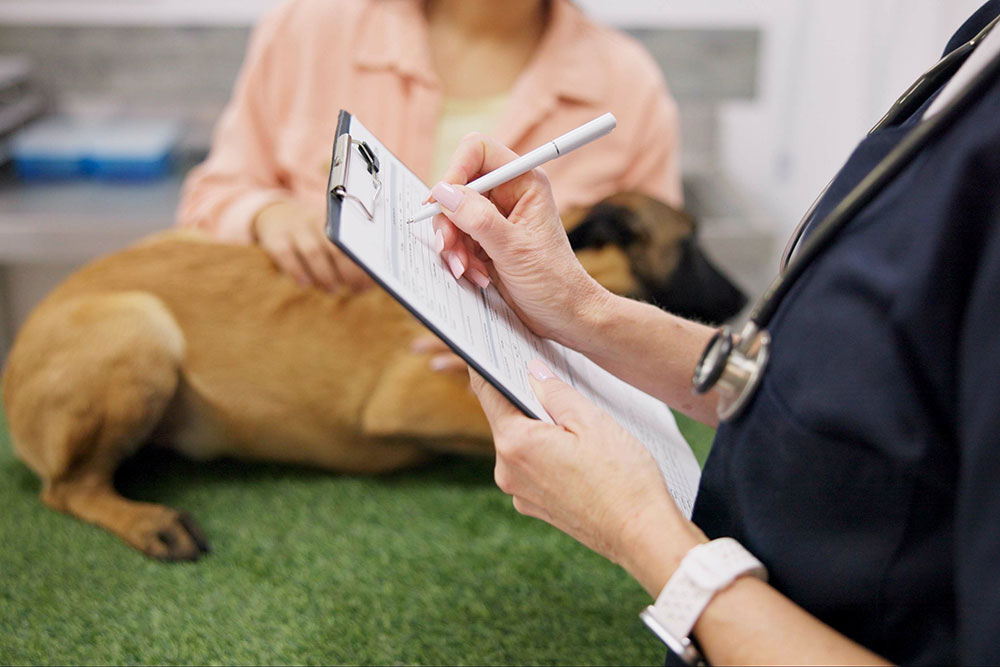
Holiday Boarding and Professional Care
Benefits of Professional Pet Boarding
Professional pet boarding offers a safe and supervised environment for your pet during the holiday season. Our boarding facilities can provide regular feeding, exercise, and attention, reducing stress for both you and your pet. Learn more about this option in our article on Veterinary Boarding and Grooming Benefits.
Advantages of Grooming Services During Holidays
Grooming services during the holidays can help maintain your pet’s hygiene and comfort. Regular grooming can prevent issues such as matting and skin infections, while also keeping your pet looking their best for family photos and gatherings. Book a grooming appointment with our team today to help your pet put their best paw forward for the holidays!
Keeping your pet safe during the holiday season requires awareness and preparation. By understanding the potential dangers of holiday foods, decorations, and stressors, you can take proactive steps to protect your pet. From creating a secure environment to managing stress and ensuring regular veterinary care, there are many ways to safeguard your pet’s health and well-being. Remember, South Shores Pet Clinic is here to support you with resources, advice, and professional care.


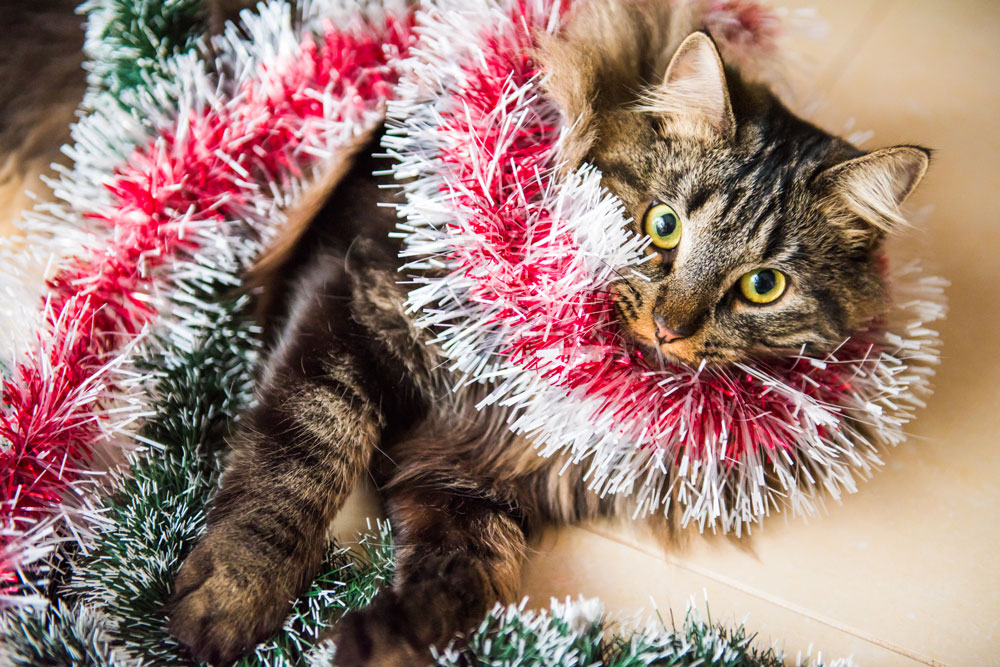
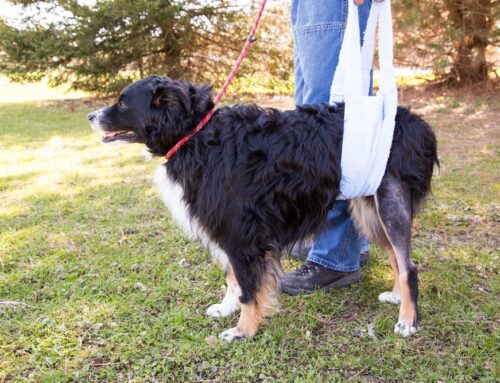
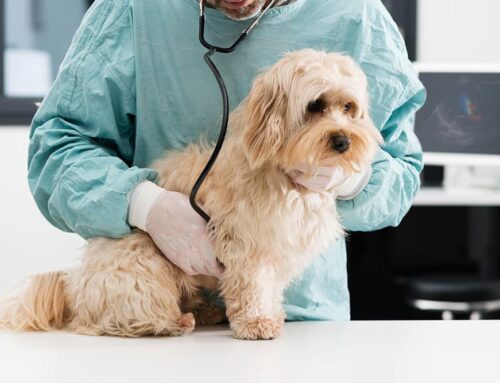
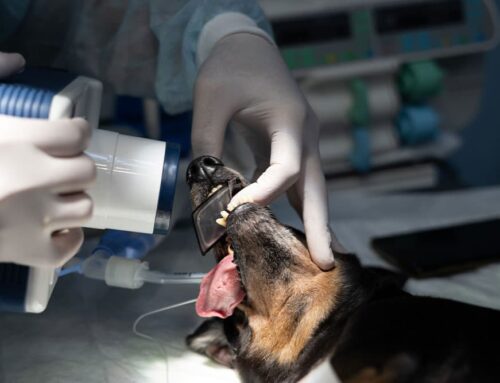
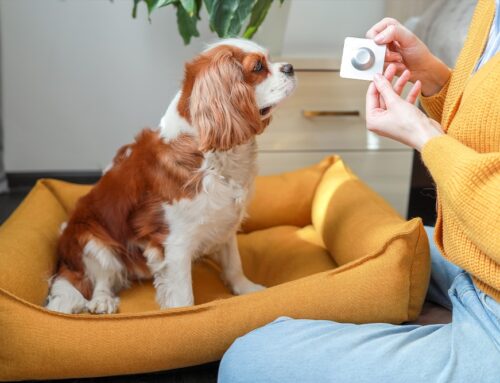
Leave A Comment